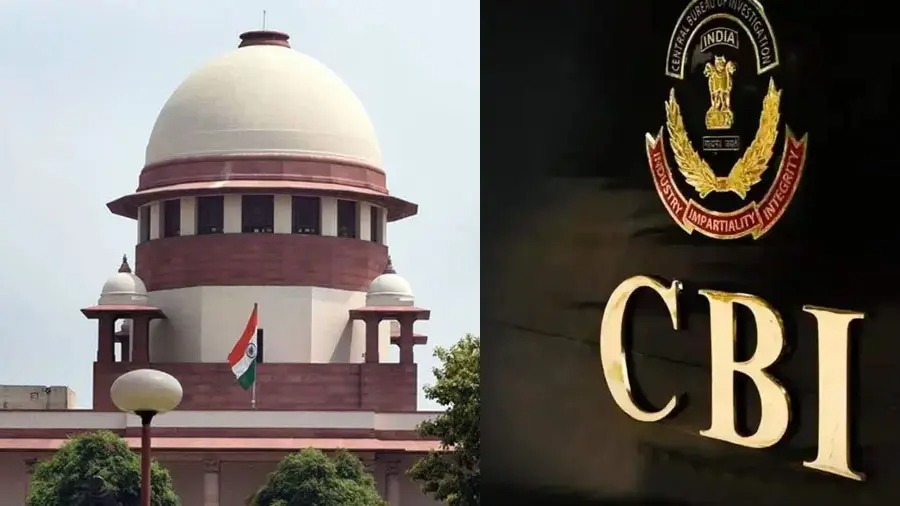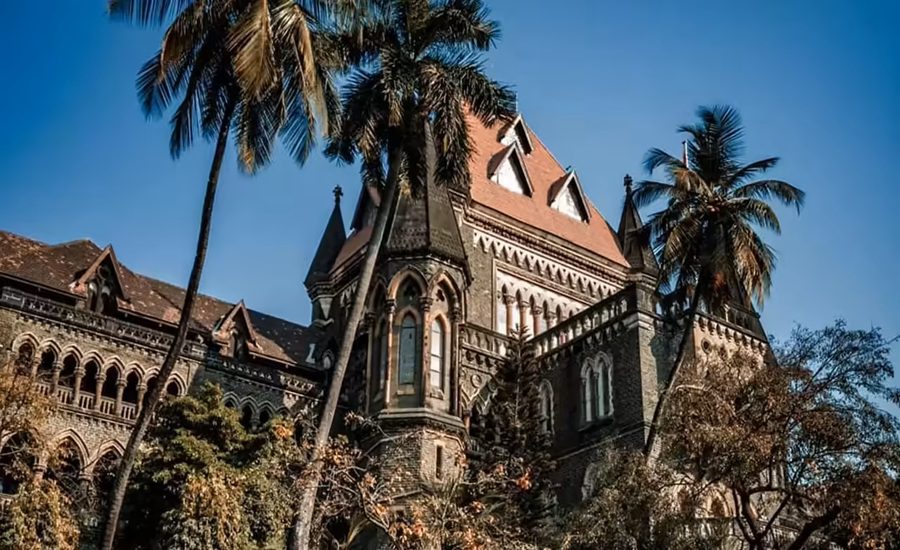@JUDGMENTTAG-ORDER
R. Banumathi, J.@mdashThis Revision Petition is directed against the order dated 12.08.2005 made in I.A. No. 1174 of 2005 in O.S. No. 1036 of 2004, on the file of the Principal District Munsif, Tenkasi, Tirunelveli District, dismissing the application filed by the revision petitioners/plaintiffs under Order 1 Rule 8 of C.P.C., and refusing permission to the plaintiffs to sue in a representative capacity.
2. The subject matter of the dispute between the parties relates to the administration of Sri Kaliamman temple at Venkateshwarapuram @ Reddiarpatty.
3. The case of the plaintiffs is that the Arunthatiyar community belonging to the Reddiarpatty village are the Worshippers in the suit temple and that the plaintiffs represent five groups in the Arunthatiyar and are in administration of the suit temple and that therefore, the plaintiffs prayed for permanent injunction restraining the defendants from interfering with the administration of the temple and also from demolishing the stone carvings.
4. Denying the plaintiffs'' right to represent in the Arunthatiyar community and their administration in the temple, the defendants have filed written statement contending that the plaintiffs are not properly administering the temple. According to the defendants, the plaintiffs have divided the community and have not performed Kumbabizhakam of the temple. The defendants further averred that every year, one Nattamai, Accountant and Pandari, would be elected and the persons so elected are in administration of the temple and the plaintiffs have no vested right to administer the temple. The defendants have inter alia pleaded that the plaintiffs have not filed any suit in a representative capacity and the suit is bad on that score.
5. After filing of the written statement, the plaintiffs filed I.A. No. 1175 of 2005 under Order 1 Rule 8 C.P.C., praying to permit them to sue in a representative capacity. In that petition, the plaintiffs have referred to the averments in the written statement, wherein the defendants have raised the plea that the suit was not filed on behalf of the Arunthatiyar community of Venkateshwarapuram @ Reddiarpatty.
6. Upon considering the submissions of both the parties, the learned District Munsif, dismissed the application observing that the petitioners ought to have filed the petition under Order 1 Rule 8 C.P.C., along with the plaint and that they cannot fill up the lacuna by filing a petition at a later stage to permit them to conduct the suit in a representative capacity of the entire Arunthatiyar Community.
7. Challenging the impugned order, the learned Counsel for the revision petitioners/plaintiffs contended that the Lower Court has not considered the fact that the suit was filed by the plaintiffs stating that they belong to five groups of Arunthatiyar Community and that they are the representatives of the said five groups. Placing reliance upon 2001 (3) CTC 129 (The Victoria Edward Hall v. M. Samraj and five Ors.), it was further argued that the leave to sue in representative capacity can be made even at the appellate stage even if the suit was originally filed in the individual capacity. The learned Counsel would further submit that the petition under Order 1 Rule 8 of C.P.C., was filed well before commencement of the trial and while so, the trial Court has not applied its judicial mind.
8. Placing reliance upon 2001 (3) CTC 129 (The Victoria Edward Hall v. M. Samraj and five Ors.), wherein the internal dispute related to the affairs of an registered society, the suit related to right of nearly 800 persons whose membership was disputed and in such circumstances, the learned Single Judge has held that leave to sue in a representative capacity can be made even at an appellate stage. The ratio of the decision cannot be applied to the case on hand.
9. The respondents were served with notice and they have not entered appearance. Their names were printed in the cause list.
10. Since the respondents have not entered appearance, Mr. P.T. Ramesh Raja was appointed as a amicus curie to assist the Court. The learned Counsel has submitted that permission of the Court to file a suit under Order 1 Rule 8 of C.P.C., was not obtained and applied after long time from the institution of suit and there is clear violation of Rule 8 of C.P.C. The learned Counsel further submitted that as per Section 26 C.P.C., every suit shall be instituted by the presentation of the plaint and therefore, in the absence of permission obtained from the Court, the plaintiff cannot subsequently take a stand that they are contesting the suit in a representative capactiy.
11. A perusal of Order 1 Rule 8, C.P.C., would make it clear that where there are numerous persons having same interest in one suit, one or more of such persons may, with the permission of the Court sue or be sued, or may defend such suit, onbehalf of, or for the benefit of, all persons so interested. It would also reveal that the Court may direct that one or more of such persons may sue or be sued, or may defend such suit, on behalf of, or for the benefit of all persons so interested. On such permission being given it becomes the imperative duty of the Court to direct notice to be given to the absent parties in such of the ways prescribed as the Court in each case may require.
12. No doubt, permission under Order 1 Rule 8 may be granted even after the institution of the suit and even at the appellate stage by allowing the petition and amendment, if such amendment does not materially change the nature of the suit. Permission under Order 1 Rule 8 C.P.C., to sue in a representative capacity may be granted when there is averments in the plaint and in the prayer portion of the plaint, that the suit was instituted for the benefit of public in general.
13. As pointed out earlier, for granting permission to sue in a representative capacity, issuance of notice is necessary for grant of permission to sue in a representative capacity should not be treated lightly as a matter of course. The Court must see that those who are not arrayed as a party, but are still considered as represented in the suit, are not prejudiced.
14. In the instant case, the plaintiffs have stated that each of the plaintiffs represent one group of Arunthathiyar of Reddiarpatty and that the first plaintiff is representing all the five groups of Hindu Arunthathiyar. The plaintiffs have also averred that they have put up a stone carving and that the defendants are proclaiming in the village to remove the stone carvings and therefore, seek for permanent injunction.
15. The defendants have filed written statement on 08.02.2005. According to the defendants, they have organised the Kumbabizhakam in Kaliamman temple, viz., the suit temple. In fact, in the written statement, the defendants have made a counter claim seeking for a direction for removal of stone carvings. Only after the defendants have filed the written statement raising the counter claim, the plaintiffs have come forward with the application under Order 1 Rule 8 of C.P.C., to allow them to continue the suit in a representative capacity.
16. As pointed out earlier, in para 4 of the plaint, the plaintiffs averred that there are five groups of Hindu Arunthathiyars and that the first plaintiff represent Periya Pandari Vahaira, the second plaintiff representing Chokkan Vahaira, the third plaintiff representing Madasamy Vahaira and the fifth plaintiff representing Kumaran Vahaira. In para 4 of the plaint, the plaintiffs averred that they are representing five groups of Hindu Arunthathiyars and that for all Hindu Arunthathiyars in the village, the first plaintiff is in administration.
17. In
18. Since prima facie there appears to be averments made in the plaint that the plaintiffs are representing Hindu Arunthaiyars community, comprising five groups and an opportunity ought to have been afforded to the plaintiffs in the application in I.A. No. 1175 of 2005, to determine the application under Order 1 Rule 8 C.P.C., to determine, whether to grant permission to the plaintiffs to sue in a representative capacity. It is the duty of the Court to cause service of notice by Tom Tom and by advertisement and thereafter, the Court to call upon whether they are any objectors. Only after due publication in the village as well as by the advertisement, the Court can decide whether to grant permission to the plaintiffs to continue the suit in a representative capacity. Merely because, the application was filed after filing of the petition, the Court was not right in dismissing the application.
19. In
20. While taking up the application, the learned District Munsif is directed to cause service of notice to the villagers in the village by Tom Tom and also by advertisements in one issue of Tamil Daily, having circulation in the area and call for objections and decide the application afresh.
21. For the aforesaid going, the order in I.A. No. 1174 of 2005 in O.S. No. 1036 of 2004 on the file of the Principal District Munsif, Tenkasi, is set aside and this revision is allowed.
22. The learned District Munsif, Tenkasi, is directed to take up the application in I.A. No. 1174 of 2005 afresh and issue notice has stated in paragraph 20 and dispose of the application afresh. Consequently, connected Miscellaneous Petition is closed. No costs.

